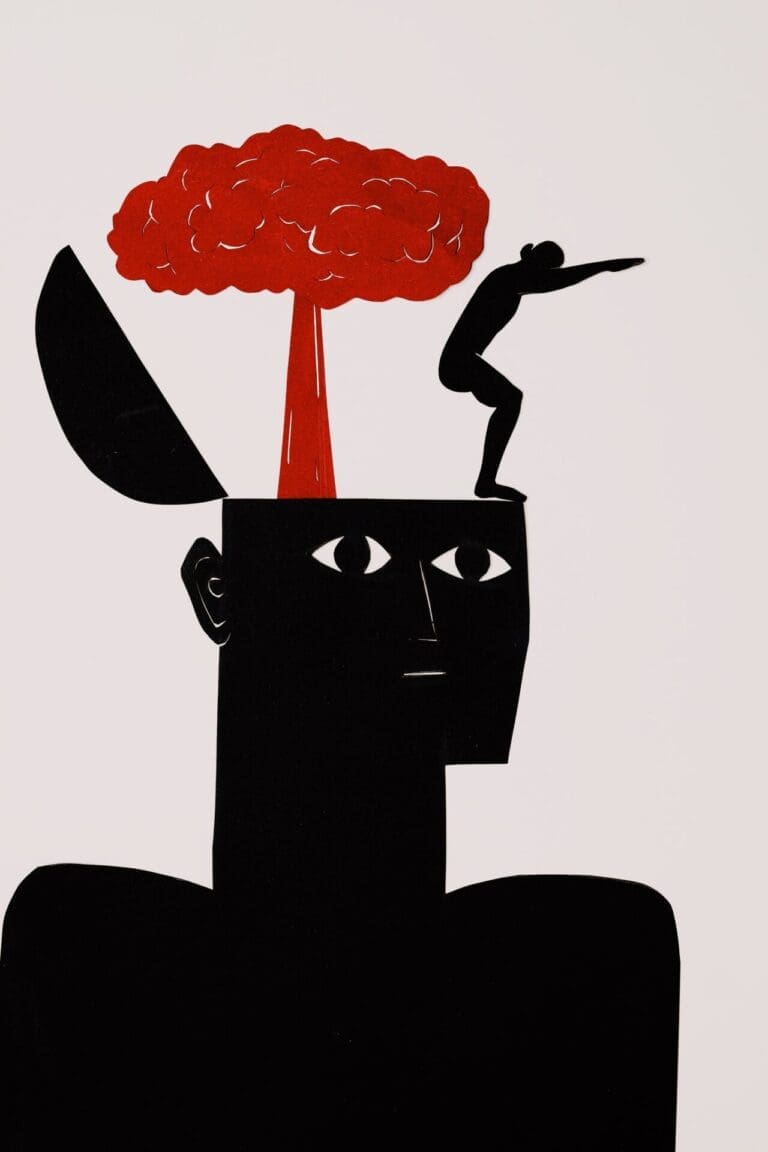
Sports Coach Psychology Tips: 3 Cognitive Sports Training Drills To Help Your Athletes
Is cognitive overload an issue for your athletes?
If you perform at a high level in your sport, you’ll be well aware of the time and effort it has taken you to learn your craft. If you’re a coach you’ll also be aware of some of the challenges and fears that your athletes have faced and the lessons that they have learned on their journey.
Naturally, both athletes and coaches will likely be interested in developing physical attributes; strength, speed, power and making sure technical and tactical proficiency is at a high level.
We all know that to develop these qualities mentioned above that motivation, discipline, commitment and perseverance are required. Spending countless hours and days practicing skills or training in the gym.
Yet, what about the mental side, that’s important too? To have confidence, resilience, mental toughness and emotional control. The reality of performing consistently under pressure, in sport, I’d say is pretty complex and despite physical, technical and tactical prowess it could be that your athletes struggle to simply “just play” or “just do it” on the pitch, court, course or track.
Cognitive sports training can be a big help for coaches in this respect.
Have you heard of cognitive sports training? Many coaches haven’t. Were you aware that cognitive sports training can enhance performance? If you aren’t you should be as it’s a growing and quickly developing area.
Cognitive sports training is known to improve various psychological factors that contribute to successful sports performance including mindset, confidence, motivation and mental toughness as well as helping reduce performance anxiety, improving skill development and skill execution. This can be achieved by using the 3 key types of cognitive training; visualisation, mindfulness or meditation and self-talk.
Other methods focus on improving decision making and reading the game which indirectly impact on confidence, motivation and naturally performance enhancement. When seeking to improve these characteristics a popular part of cognitive sports training is supporting an athlete to ensure that their brain doesn’t suffer from cognitive overload, when their working memory is clogged up with unnecessary information and is in a bottleneck situation where the athlete can only transfer irrelevant or redundant information, not key learning points.
Below are some examples where we share 3 Cognitive Training drills that can help increase the cognitive load on your athletes:
1 – Counting while Catching
Step 1: Explain to the athletes that the objective of the exercises is to use different parts of the brain and they’ll be doing some basic maths (adding, subtracting, multiplication and subtraction) while catching a ball!
Step 2: The athlete is to stand 3-4 feet away from a training partner or coach who holds a football, basketball or rugby ball.
Step 3: Start the drill by passing the ball gently to the athlete immediately after you ask him or her to add two “easy” numbers. The athlete is to say the answer out loud while the ball is in the air, before catching the ball.
Step 4: Complete 10 passes before increasing the difficulty of the drill.
When the athlete gets better at the drill you can make it more difficult by:
- Passing the ball faster
- Passing the ball to one side, higher or lower.
- Increasing the difficulty of the equations.
2 – Cone Touches
Step 1: Set up 4-5 different coloured cones in a circle with a radius of 5 feet.
Step 2: The athlete is to stand in the middle of the circle with his or her eyes closed.
Step 3: Call out one colour, the athlete must touch the cone and return to the centre of the circle as quickly as possible.
Step 4: Complete 10 touches (legs) before increasing the difficulty of the drill.
When the athlete gets better at the drill you can make it more difficult by:
- Calling out 2 colours in a row for 10 legs.
- Calling out 3 colours in a row for 10 legs.
- Calling out 4 colours in a row for 10 legs.
- Calling out 5 colours in a row for 10 legs.
Please note. Always track the progress of the athlete and never increase the difficulty if they are finding the current level challenging. Rest after 5 minutes.
3 – Circuit Training
Step 1: Set up five exercises that go on to use different equipment (For example; 1, press ups with bodyweight, 2, sit ups with body weight, 3, squat with light barbell, 4, bent-over row with dumbbells, 5, lunge with body weight)
Step 2: Explain the exercises and reps required per station before the activity begins, not during as this will boost the cognitive thought process during the circuit.
Step 3: Complete the circuit and rest for 1 minute before continuing.
To increase the difficulty for the athlete:
- Add more exercises.
- Add / vary the number of reps.
- Increase the complexity of the exercise (a lunge to a lunge with rotation, a squat with no equipment to a squat with an overhead reach with a barbell).
If you enjoyed this blog post and want to know more about Cognitive Sports Training feel free to get in touch. We are passionate about helping coaches get maximum enjoyment from their coaching and set their teams up so that they can perform at their best more consistently.
You can also join our online community – THE SPORTS PSYCHOLOGY HUB – for regular Sports Psychology tips, podcasts, motivation and support.

Best Wishes
David Charlton
Online Sports Psychologist who supports Coaches around the world from Colorado to Cornwall, Dublin to Dubai, Abu Dhabi to Adelaide, using ONLINE Video Conferencing.
Managing Director – Inspiring Sporting Excellence, Host of Demystifying Mental Toughness Podcast and Founder of The Sports Psychology Hub. With over a decades’ experience supporting athletes, coaches, parents and teams to achieve their goals, faster.
T: +44 7734 697769







